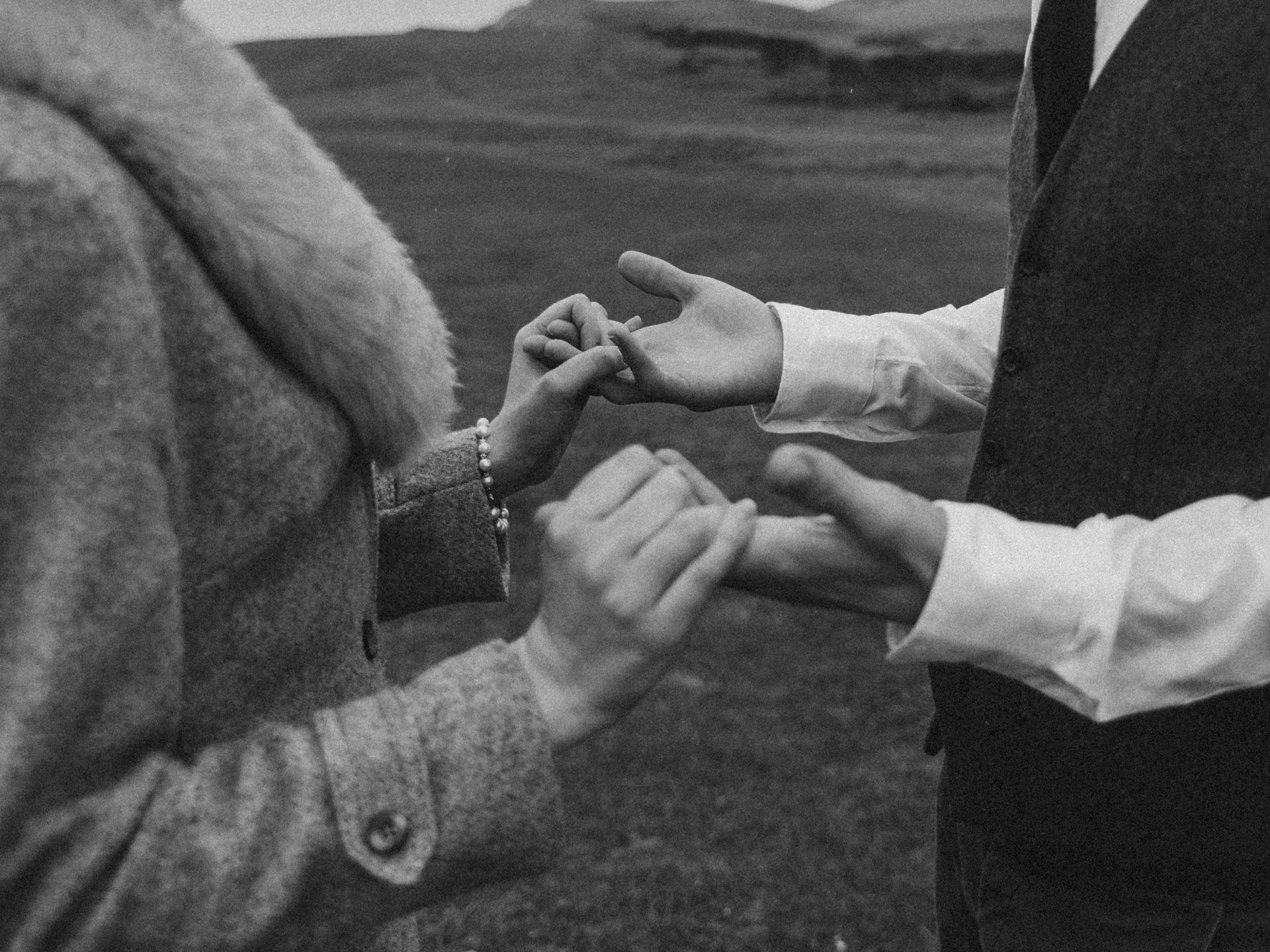Love, Encourage and Grow
Alice Edge • June 5, 2020
2 Corinthians 13:11-13

2 Corinthians 13:11-13
These small verses are found at the closing of Paul’s second letter to the people of Corinth. These people, while enthusiastic, seemed to cause Paul a little bit of anxiety in his ministry. They were a group of Gentile converts, so had no idea of any of the traditions or “acceptable behaviours” that Paul had been used to with Jewish converts. Most of them would have been outcasts in the social ladder, with Corinthians having a bit of a reputation of being prostitutes or drunkards. They didn’t have a lot of education, and this added to the complexity in Paul’s ministry to them. They also weren’t really connected with any people that had been followers of Jesus, they’re very new to their faith, and in all honesty, many of them would have been further excluded from their families and friends because of their conversion. This background information is helpful to really understand why Paul writes what he does to them, and how to interpret it for ourselves and our faith communities today.
The first thing that Paul says in closing to the people of Corinth is be joyful. I think this would have been easier said than done for a lot of these people, especially in their challenging circumstances. But what Paul had spoken to them about already, and what we know to be true today, is that God is a comforting God who is with us continually. This reminder to be optimistic and joyful in the midst of their struggles probably would have been something this community needed to hear a lot, and perhaps is sometimes important for us to hear, too.
The next thing that Paul says is to grow to maturity. Essentially, be the best version of you that you can be, as God created you to be. There is a need for people who are followers of Jesus to be on a path of “self-improvement.” It’s important to note that this isn’t because our worth is dependent on it, but rather that as we continue to grow and understand our worth, we are compelled to be the most loving, kind, compassionate and forgiving people we can be! While this looks different for everyone, because we are all unique with our own quirks and personalities and ways of doing things, it is important to not swing the other way and become complacent with who we are or decide we’re done growing. It doesn’t matter how old we are or what we’re doing or how much work we’ve done already or how long we’ve been a Christian, we still have more work to do on ourselves.
If we are honest with ourselves, this takes guts. To see where we need to grow and develop means we have to take a hard look at ourselves and what our pros and cons are. Where we’re doing okay, and where we have some work to do. We are forced to live authentic lives, admitting to ourselves, and sometimes to others, what we need to work on. And that can be scary. Being vulnerable with both ourselves and others is uncomfortable, but it is the only way to continue to grow and develop and be the best version of ourselves that we can be.
Next, Paul reminds the Corinthians to encourage each other. While this seems easy for us to do nowadays, we need to remember that, as I said earlier, a lot of these people were new to the faith, and probably still trying to figure it all out. This can be exhausting for the individual, and the last thing they need is to have each of their flaws pointed out, or each time they “fail” to become the topic of conversation. While I absolutely agree that accountability within faith communities is important, I wonder if Paul was seeing then what we sometimes experience today – that extreme accountability which is really just trying to disguise judgement and disgust towards one another.
We hear of this a bit in churches today, and I know it’s something a lot of my friends have experienced. They feel that instead of encouragement for the hard work they’re putting in to grow, they are slammed for the old habits they haven’t quite kicked yet, and now don’t feel safe to walk in the doors of a church without judgement. But I personally think that instead of that, we can be a people of encouragement that checks in with one another, builds one another up, and when there might come a time of accountability, the relationship is strong enough and the trust is there to be able to do that without feeling like judgement is being brought upon each other.
Finally, Paul instructs them to live in harmony and peace. This struck a chord with me this week after seeing all the impacts of racism on the news and on my Facebook feed. We’re seeing that personal beliefs and values impact our ability to live in harmony with one another, but even more than that, we’re seeing that living in harmony and peace requires our active participation, because while other people in our communities are suffering at the hands of injustice and we as their communities are staying silent, we actually aren’t living in peace. I know there isn’t a simple way forward with that, but it’s definitely something my heart is wrestling with at the moment.
Paul’s final comment says that then the God of love and peace will be with you. I was reading a commentary to help give me some background to these verses, and in the commentary it closes with this line, and it’s the thought on which I want to close today.
[People] must love each other before their love for God has any reality.
How are we loving one another? How are we joyful? How are we growing to maturity? How are we encouraging one another? And finally, how are we actively living in harmony and peace?
Sermons For The Moment

This is an interesting Psalm – another psalm of ascent. We spoke about these Psalms of Ascent a few weeks ago. They were songs the Jewish people sang as they made their way to Jerusalem to go to the temple, through the forest, along the tracks, camping by the roads. And I believe songs like this kept them focussed and kept their spirits up. I can imagine days of walking together, tiring, boring, hot and dusty. And singing some of these Psalms keep them focussed on the faithfulness of God. Much better then eye spy for the kids. Journeys are not all their cracked up to be even if the destination is worth it. As you know, when I was growing up we always holidayed at Bawley Point past Ulladulla, and in those days it was about a 4 hour drive from Sydney. We always left later than we meant to…and the last 20 mins was on a dirt road. One year when I was probably about 4 years old it was dark by the time we got to the dirt road, and half way along the dirt road, was a dodgy wooden bridge over a river. I think part of the bridge had been damaged and we had to wait a bit in the pitch black darkness before we could proceed. Dad was out with a torch ensuring the bridge was safe to drive on and mum and us 4 kids were sitting in the darkness – no street lights, no moonlight. Of course, you might be able to guess what I said to mum in that car, with fearful crying…you’ve probably heard it from kids before. I said ‘I want to go home’. Mum said to me, ‘we can’t go home Robyn, we’re almost there’. In truth, after the bridge we had the last 10 minutes of a 4 hours journey left. We safely crossed the bridge and we were OK. But I remember it. I remember the feeling of being scarred in the darkness. I remember not liking this journey at all. Even though I always loved the destination. Well this psalm celebrates the end of the journey and the arrival at the destination. Psalm 126:1-3, “When the Lord brought back his exiles to Jerusalem, it was like a dream! We were filled with laughter, and we sang for joy. And the other nations said, “What amazing things the Lord has done for them.” Yes, the Lord has done amazing things for us! What joy!” Before we can understand the laughter and joy of the Israelites, we have to understand their journey. This Psalm looks back to when they arrived back in Jerusalem after 70 long years in Babylon. The captives had experienced great sorrow and mourning in exile. We read these heartbreaking words in Psalm 137: “Beside the rivers of Babylon, we sat and wept as we thought of Jerusalem. We put away our harps, hanging them on the branches of poplar trees. For our captors demanded a song from us. Our tormentors insisted on a joyful hymn: “Sing us one of those songs of Jerusalem!” But how can we sing the songs of the Lord while in a pagan land?” (Psalm 137:1-4). Their tormentors demanded they sing joyfully, but they were like – that’s impossible, it doesn’t come from our heart. So they just sat by the waters of Babylon and wept. But now by an amazing work of God they were suddenly back in Jerusalem. And so their joy came from their heart. The wait was over, the journey was complete. “We were filled with laughter, and we sang for joy.” The journey is the hard bit though isn’t it? I was reminded of this, this week. An Officer couple I was speaking to, said that their teenager said some very hurtful things to them. Stuff like, ‘you make my life worse’. As they spoke to me, I did very little but listen and pray with them. They do have other supports in their life as well, already seeing a psychologist. But what I was thinking in my head as they were speaking was ‘oh the teenage years, I’d forgotten them’. Though we have 2 wonderful young adults in P and K, they were times when it was more than tense. K wears her heart on her sleeve, and to this day apologises for some of the things she said to me. And P, you wouldn’t know what he was thinking, and then all of a sudden all his thoughts and feelings for the last 3 years would come out like molten lava everywhere. A few days later I checked in to see how the couple and their teenager were going. I mentioned in passing about teenage years and very briefly about our experiences. I didn’t want to make it all about me. But I said teenage years can be painful and those years can really hurt everyone in the family. Teenager included. They know that we have a good relationship with P and K and they said to me, you know, this is helpful. It gives us hope. I was like, yep, this too shall pass. Because when you’re in the midst of the journey of pain and sorrow, you sometimes wonder if there’s light at the end of the tunnel. If you’ll laugh again or experience joy again. You begin to wonder, “Is this all that God has for me? Will I ever be happy again?” And here’s the promise in Psalm 126:4-6, “Restore our fortunes, Lord, as streams renew the desert. Those who plant in tears will harvest with shouts of joy. They weep as they go to plant their seed, but they sing as they return with the harvest.” When you are going through a time of deep sorrow, Psalm 126 is strong medicine for your soul. It carries a powerful message of hope. It tells you that times of trouble and sorrow do not last. It tells you that God will turn your sorrow to joy and your tears to laughter. If you are going through a challenging time right now, I pray that this psalm will speak to your heart this morning. Let me tell you right up front, whatever you’re going through, it will get better. God will change your tears to joy. This week I found something I wrote about 10 years ago. I had written it on a piece of paper and there was a whole reflection about my life. At the time we had my mum living with us, she had dementia, and mostly I remember the good times and the fun times with her. I was also the Corps Officer at Glebe and Bob was the manager at William Booth House. After a page of writing I had written something like this “I’m often anxious, I’m usually stressed, I have eczema on my eyelids and ulcers in my mouth. I always feel pressed.” I went out to Bob in the lounge room and I’m like, ‘oh my goodness, eczema on my eyelids and ulcers in my mouth’, often anxious, usually stressed. The thing is, my life feels a long way from that now, and I’d forgotten what that part of my journey felt like. I’m sure when I was there I couldn’t look ahead and see a time of joy…but the truth is that “Those who plant in tears will harvest with shouts of joy. They weep as they go to plant their seed, but they sing as they return with the harvest.” This too shall pass. ‘Yes, the Lord has done amazing things for us!’ says verse 3. God is faithful – he does the healing, the restoring, he brings the streams in the desert that renews and brings fruitfulness. I don’t need to tell you – it takes time. Today, I’m praying for a work of healing in your life, a gradual restoration of joy, of laughter. Like me as a kid, sometimes we don’t like parts of this journey at all. Even though we know our destination is good. And ultimately, we have a destination like no other and that’s the promise of God. A home in heaven made possible through Jesus. May God bless you this week as you look to Him, listen to Him, find your hope in Him and find courage and healing in your journey.







